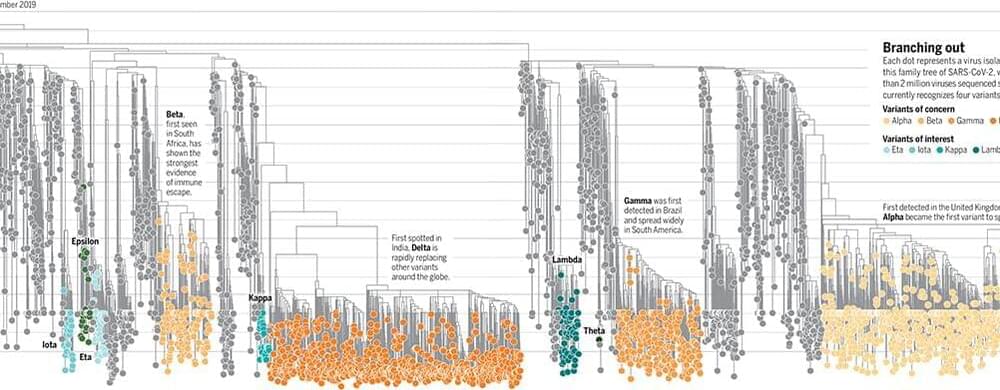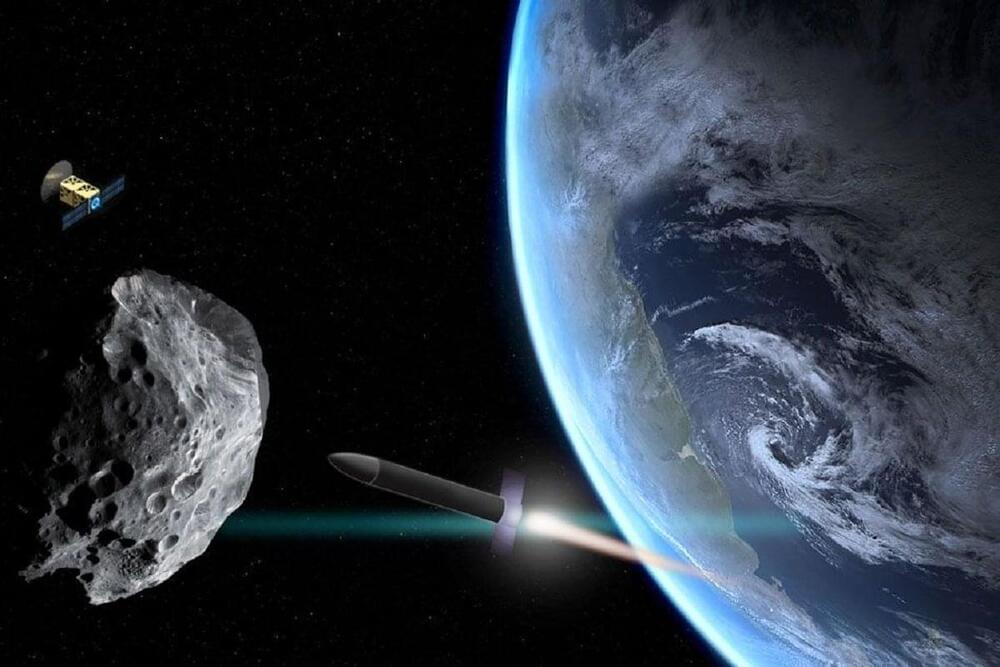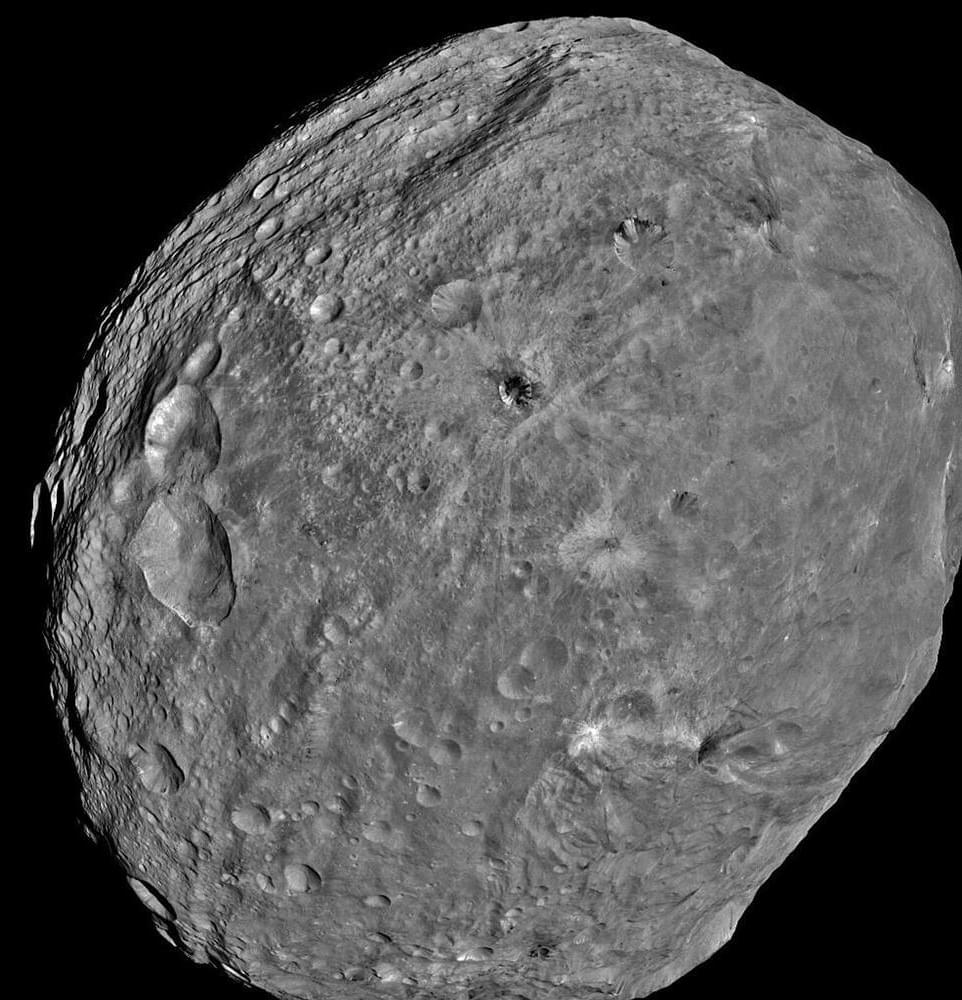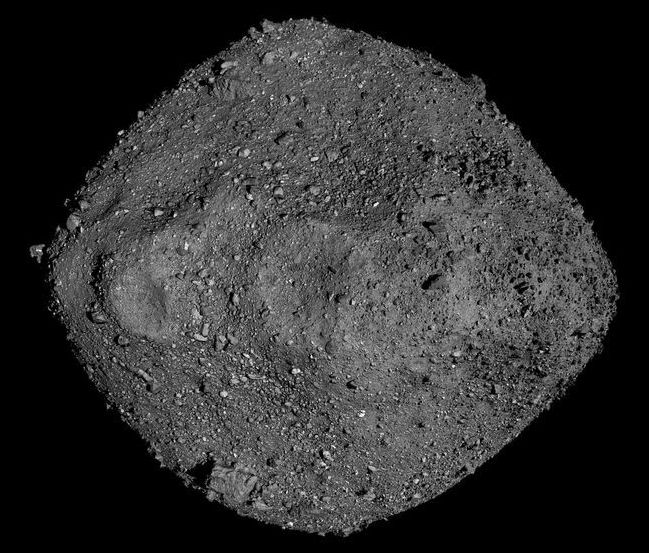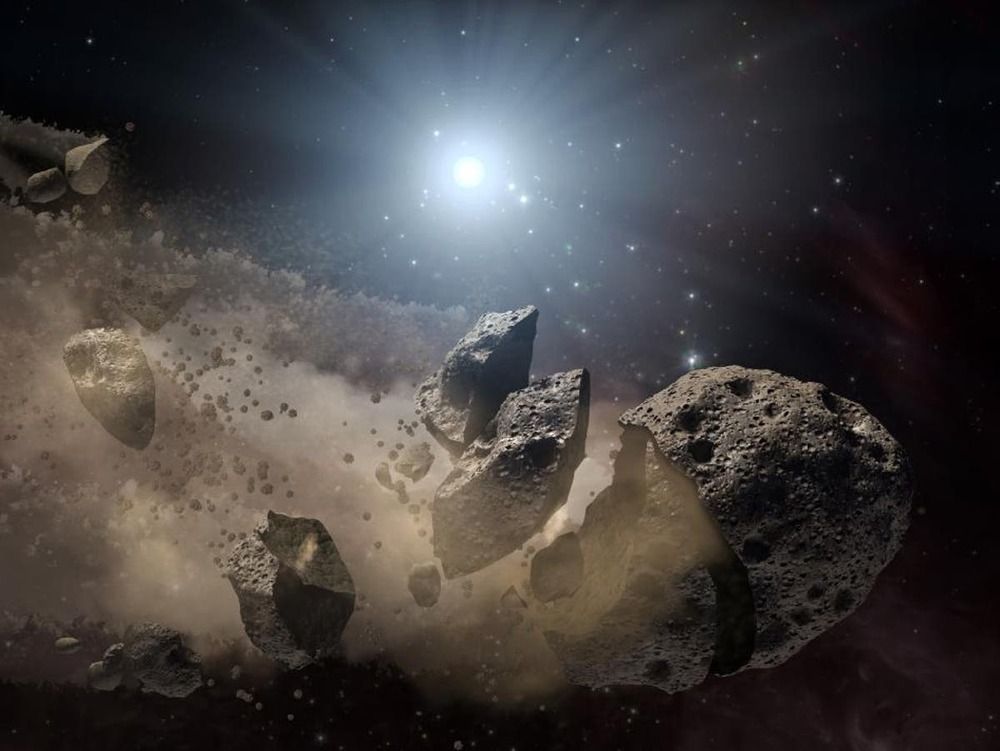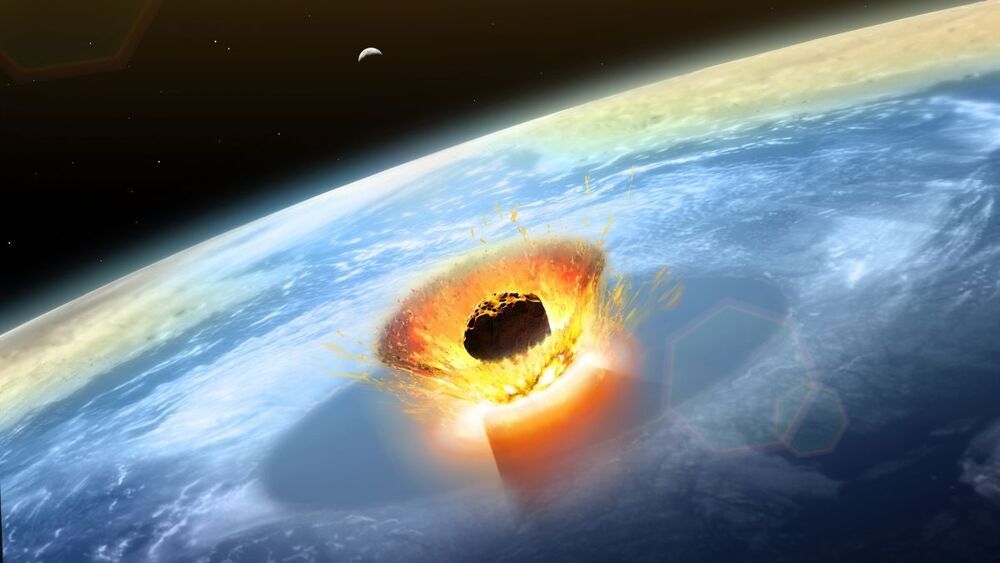The business of private survival shelters has grown during the pandemic. They’re not just for survivalists and doomsday preppers anymore. Bunkers buried in backyards or remote landscapes are capable of withstanding nuclear fallout and hurricanes, as well as violent conflict.
WATCH MORE SO EXPENSIVE NEWS VIDEOS:
How The Tokyo Olympics Became The Most Expensive Summer Games Ever | So Expensive.
Why The Texas Polar Vortex Is So Expensive | So Expensive.
https://www.youtube.com/watch?v=689nDiplmIk.
Why Is Housing In Hong Kong So Expensive? | So Expensive.
https://www.youtube.com/watch?v=cs5L3c40cvk.
#SurvivalBunkers #StormShelter #BusinessInsider.
Business Insider tells you all you need to know about business, finance, tech, retail, and more.
Visit us at: https://www.businessinsider.com.
Subscribe: https://www.youtube.com/user/businessinsider.
BI on Facebook: https://read.bi/2xOcEcj.
BI on Instagram: https://read.bi/2Q2D29T
BI on Twitter: https://read.bi/2xCnzGF
BI on Amazon Prime: http://read.bi/PrimeVideo.
Why survival bunkers are so expensive | so expensive.
